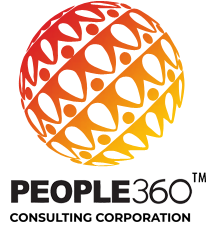When the pandemic started last year, I never thought that it would last this long. Now, more than a year later, people around the world are still suffering physically, mentally, and economically. Lives and jobs were lost, and those left behind by those who died still wonder when this will end.
The workplace has been heavily affected. Workers got infected and, when companies had to close, downsize, or just plain cut work hours to retain workers, there was a need to adapt economically. Now, preventing the virus’s spread is one of the top priorities of companies in pandemic-stricken countries. It needed to reinvent itself to protect its most valuable asset - people. This year’s World Day for Safety and Health’s theme is “Anticipate, prepare and respond to crises - Invest now in Resilient OSH Systems” and is very much apt to the current situation.
We’ve had pandemics before, and the workplaces were alerted to the possible interference of the first SARS, Ebola, and H1N1 viruses. The government issued guidelines and was successful in halting their spread in the workplace. COVID-SARS 2 hit differently. It had a greater significance which continues until today.
To further increase preventive measures against COVID-19, DOLE issued guidelines about the workplace and public transport’s ventilation systems. It also helped that in 2018, the Philippines’ Congress enacted R.A. 11058, which aims to strengthen the companies’ compliance with Occupational Safety and Health Standards. The law and current conditions steer to the value of OSH management systems about business resilience, emergency, disaster response and hazards identification, risk assessment, and control. Companies must be able to cope with the usual risks and predict biological hazards as SARS-COV 2. They must also protect their employees from new chemicals, hazardous materials, and those arising from new technologies.
People360 offers a range of OSH services to help companies steer their way to proactive programs in increasing their resiliency to respond to OSH issues. The services offered are heavy equipment third-party testing, OSH training, consulting, and work environment testing.
*image from International Labor Organization (ILO)


